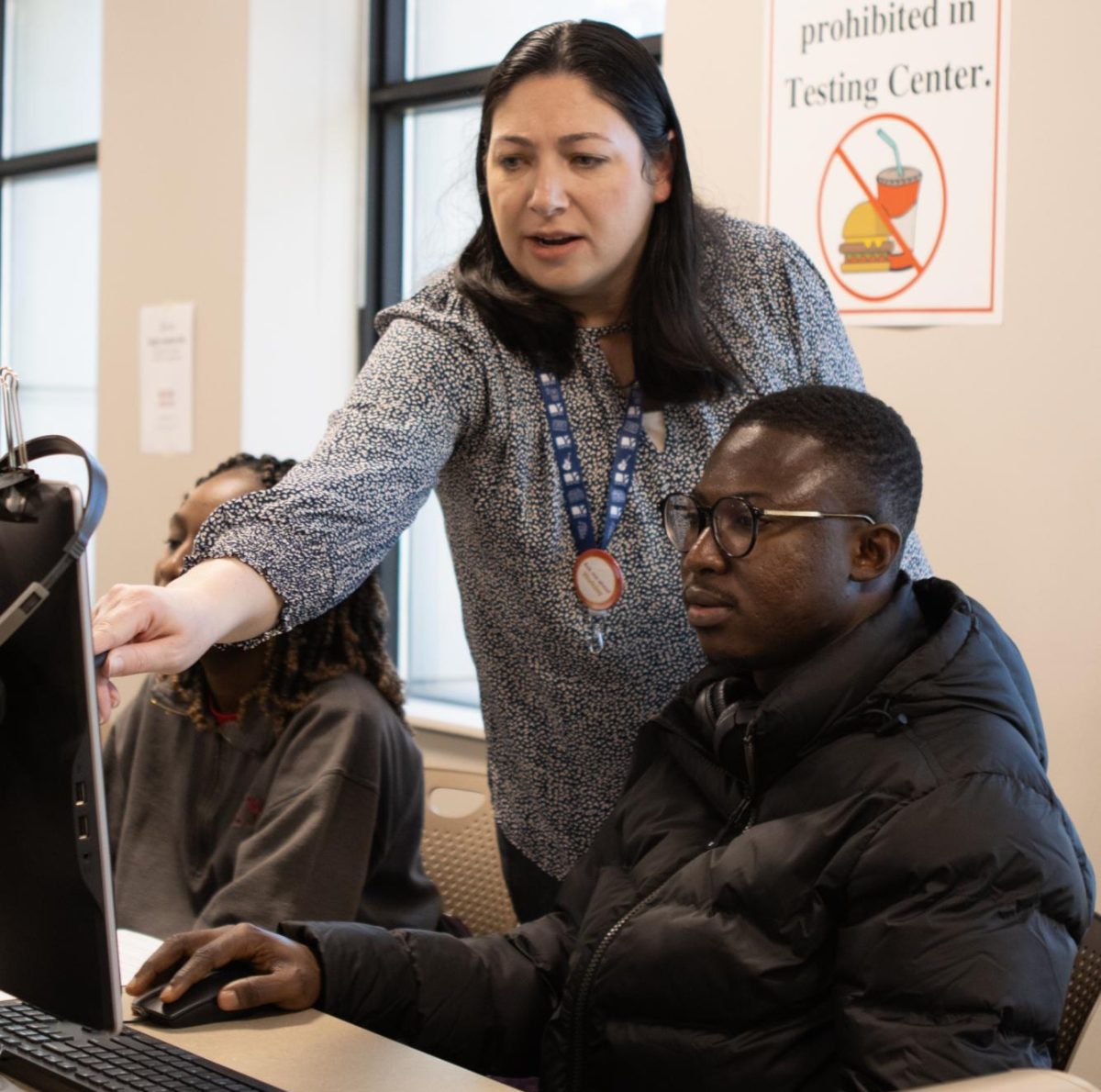Desai: Foreign policy shouldn’t lose sight of what is being fought for
December 16, 2011
Although a gross simplification, Afghanistan is like the unfortunate child of fighting parents (the United States and Russia) and their relatives (allies) that has grown to be messed up.
In the ’70s, the Afghan government had a booming economy, was fair and had best interests for the nation. But because of religious conflict of views such as coed education, there were opponents, who instead of peacefully protesting and causing tweaks in the system both sides could be happy with chose to pick up arms.
I would love to say that the nations that had means and resources knew better than to promote violence, but sadly, I can’t. Late former U.S. Rep. Charlie Wilson in his biography by George Crile said, “The U.S. had nothing whatsoever to do with these people’s decision to fight … But we’ll be damned by history if we let them fight with stones.”
Whether it’s the form of government that’s the point of conflict between countries such as the States and Russia or religion between nations such as India and Pakistan, where is the injustice? Neither forms of government and neither religions are crimes against humanity.
What we are fighting for is non-violence, which is the reason former President George W. Bush started the war in Afghanistan. Quite unlike former President Dwight Eisenhower, who according to a book by William Blum in his memoirs wrote, “Eighty percent of the population would have voted for the Communist H Chi Minh as their leader rather than Chief of State Bao Dai,” and still continued the war in Vietnam.
Everyone wants to consider the way they’re used to be the best way, and instead of having an open mind and challenging sacred cows (which, by the way, makes me wonder if other languages have cheeky phrases akin to sacred fish or pig), don’t want to feel they were wrong, or that their parents were wrong. Are we going to work past these draining conflicts, and instead increase understanding, tolerance and unite and work toward a better future?
Maybe then the nations that seem to be aiding Taliban and viewing them as military protestors of imposition of a particular form of government rather than a terrorist organization such as Iran will help stop their supply of weapons.
The military should seek to protect all citizens, whether they are in Afghanistan, Africa, Europe or Asia. And install and use methods such as communications control in suspected areas, for instance. Instead of teaching violence and providing ammunition to militia, they should provide surveillance technology and teach strategies to capture terrorists accurately. Fighting with violence and expanding the scope of violence does not help global security, as evident in past mistakes pertaining to al-Qaida.
















